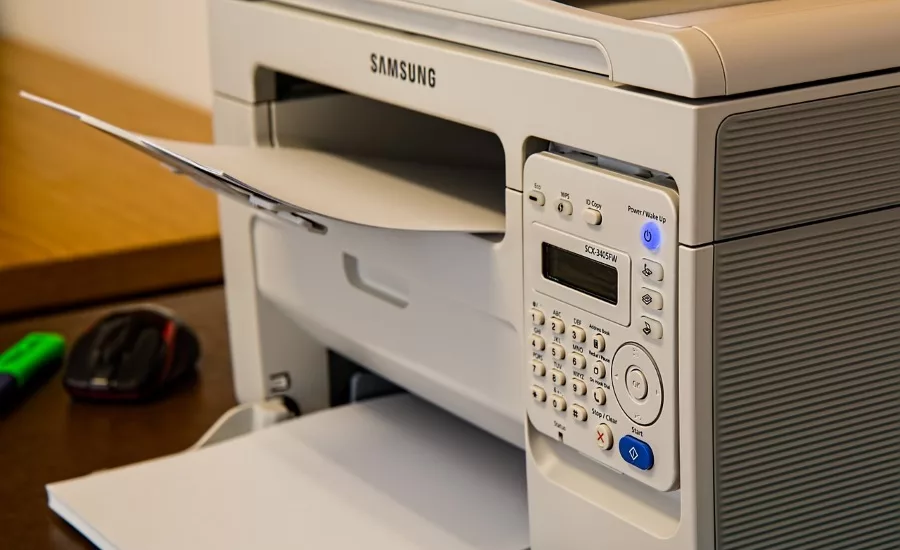Remote workers are printing confidential documents at home

New research reveals 66% of home workers in the U.K. are potentially breaching GDPR regulations by printing work related documents at home, including meeting notes, contracts, commercial documents, payroll documents, CVs and more.
Currently in the UK, all companies that store or process personal information about EU citizens within EU states must comply with the General Data Protection Regulation (GDPR) which requires them to have an effective, documented, auditable process in place for the collection, storage and destruction of personal information.
But with many employees in the U.K. and the rest of the world now working from home due to government restrictions, how many home workers are potentially breaking confidentiality rules by printing documents at home?
A new study conducted by confidential shredding and records management company Go Shred finds that 66% of home workers have printed work related documents since they began working from home, averaging five documents every week. That means that since the government first advised against all unnecessary social contact on the 16th March 2020, home workers have potentially printed an average of 2202 confidential documents to date.
The top five items home workers admit to printing at home are:
- Meeting notes/agendas (42%)
- Internal documents including procedure manuals (32%)
- Contracts and commercial documents (30%)
- Receipts/expense forms (27%)
- Industry related copy (e.g. press release/brochure copy/articles/student work to proof) (24%)
A fifth (20%) of remote workers that have printed at home admit to printing confidential employee information including payroll, addresses, medical information and 13% have even printed CVs or application forms. Printing this type of information is a high-risk activity and any documentation which includes these details need to be handled and most importantly disposed of correctly.
Delving into the places and professions with the highest number of home workers opting to print work related documents at home, Liverpool leads the way with 80% admitting to the act and those working in Law (86%) are surprisingly the most likely occupation to commit this breach.
When asked whether they have disposed of any printed documents since working from home, nearly a quarter (24%) said haven’t disposed of them yet as they plan to take them back to the office and a further 24% say they used a home shredding machine but then disposed the documents in their own waste. This method of disposal is not recommended due to personal waste bins not providing enough security for confidential waste and therefore still leaving employers open to a data breach and potential fine.
A further 9% of home workers who have printed work related documents at home say they haven’t disposed of them yet but they do plan to in some way but 8% say they have no plans at all to dispose of the work related documents they have printed at home. Interestingly, 7% of home workers admit they haven’t disposed of any work related documents as they don’t know how to.
Surprisingly, 41% of home workers say they are aware of the GDPR rules and regulations around printing confidential documents related to work outside the workplace, but they have no choice other than to print at home
To find out more about the study, click here.
Looking for a reprint of this article?
From high-res PDFs to custom plaques, order your copy today!




